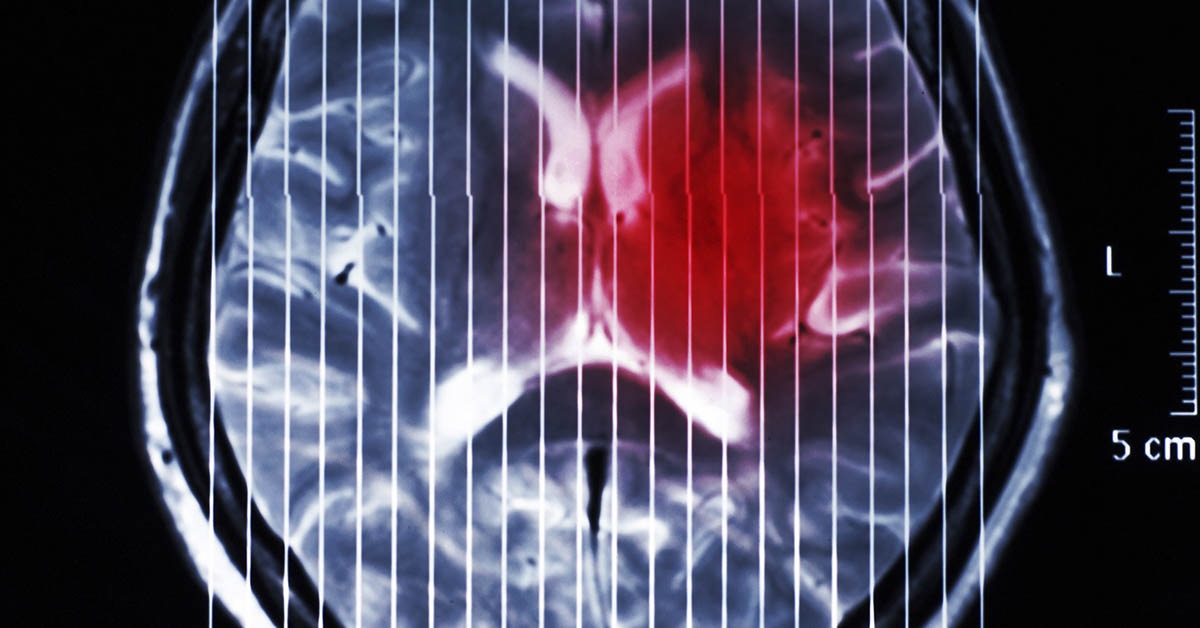In a groundbreaking breakthrough, a new brain cancer treatment has shown promise as a brain tumor almost disappears in just five days. This revolutionary therapy has brought hope to patients suffering from glioblastoma, a common and aggressive form of brain cancer. Scientists at Mass General Brigham in the US have successfully treated three patients using a pioneering personalized therapy known as CAR-T therapy, which utilizes the patient’s own immune system to target the cancer cells. This incredible development could potentially change the outlook for those battling this challenging disease.
New Brain Cancer Treatment: The Research
Brain cancer is a pretty scary diagnosis. Even brain surgeons and scientists admit that we really don’t know very much about the human brain. This makes the prognosis for brain cancer quite terrifying. Recently, however, scientists made an exciting breakthrough in brain cancer treatment. Researchers at Mass General Brigham embarked on a clinical trial known as INCIPIENT to evaluate the efficacy of CAR-T therapy in treating glioblastoma. The trial involved three patients diagnosed with this aggressive form of brain cancer. The patients received treatment using CARv3-TEAM-E T cells, a variant of existing CAR-T therapy with additional antibodies infused back into each patient. The goal was to observe the response of the tumors to the treatment and assess the tolerability of the procedure. (1)
Read More: In World First, Teenage Boy is Cured of Lethal Brain Cancer
A Breakthrough in Brain Cancer Research
The results of the clinical trial were nothing short of remarkable. After a single treatment, all three patients experienced dramatic reductions in their tumors. One patient’s tumor nearly regressed entirely, while another patient witnessed a reduction of over 60% for six months. The most astounding case was a patient whose tumor almost disappeared in just five days after a single infusion. These results have ignited excitement among the scientific community and offered a glimmer of hope to patients suffering from this challenging disease.
“The CAR-T platform has revolutionised how we think about treating patients with cancer, but solid tumours like glioblastoma have remained challenging to treat because not all cancer cells are exactly alike and cells within the tumour vary,” said Dr. Bryan Choi, a neurosurgeon from Mass General Brigham. “Our approach combines two forms of therapy, allowing us to treat glioblastoma in a broader, potentially more effective way.” (2)
“These results are exciting, but they are also just the beginning. They tell us that we are on the right track in pursuing a therapy that has the potential to change the outlook for this intractable disease,” agreed the institute’s director, Marcela Maus. “We haven’t cured patients yet, but that is our audacious goal.”
Understanding Brain Cancer
Brain cancer encompasses various types of tumors that originate in the brain or spread to the brain from other parts of the body. Glioblastoma is one of the most common and aggressive types of brain cancer. It typically grows quickly, infiltrating surrounding brain tissue and causing severe symptoms. The prognosis for glioblastoma is often poor, making this recent breakthrough in treatment particularly significant. (3)
Symptoms of Brain Cancer
Brain cancer can manifest in different ways, depending on the location and size of the tumor. Common symptoms of brain cancer may include headaches, seizures, changes in vision or hearing, difficulty speaking or comprehending, balance problems, nausea, and vomiting. It is important to seek medical attention if any of these symptoms are experienced, as early detection and treatment can enhance the chances of successful outcomes.
Treatment Options
Traditionally, the treatment options for brain cancer have been limited, often involving surgery, radiation therapy, and chemotherapy. However, these treatments have their limitations and may not always be effective in eliminating the tumor completely. The recent breakthrough in CAR-T therapy offers a promising alternative. By harnessing the power of the patient’s immune system to target the cancer cells, CAR-T therapy shows potential as a more effective and targeted treatment approach for brain cancer.
The Bottom Line
The groundbreaking results of the INCIPIENT clinical trial at Mass General Brigham offer hope to individuals battling glioblastoma and other forms of brain cancer. The use of CAR-T therapy has shown remarkable success in reducing tumor size, with one patient’s tumor nearly disappearing in just five days. While further research and clinical trials are necessary to fully understand the long-term effects and potential cure for brain cancer, this development paves the way for a more effective and personalized approach to treatment. As the scientific community continues to explore this innovative therapy, patients and their families can remain hopeful for a brighter future in the fight against this devastating disease.
Read More: When Did Cancer Become the Norm? Why Are Cancer Rates Increasing?
Sources
- “Intraventricular CARv3-TEAM-E T Cells in Recurrent Glioblastoma.” New England Journal of Medicine. Bryan D. Choi, M.D., Ph.D., et al. March 13, 2024.
- “Cancer breakthrough sees brain tumour almost disappear in five days.” Metro. Hiyah Zaidi. March 14, 2024.
- “What is brain cancer?” Cancer Council

